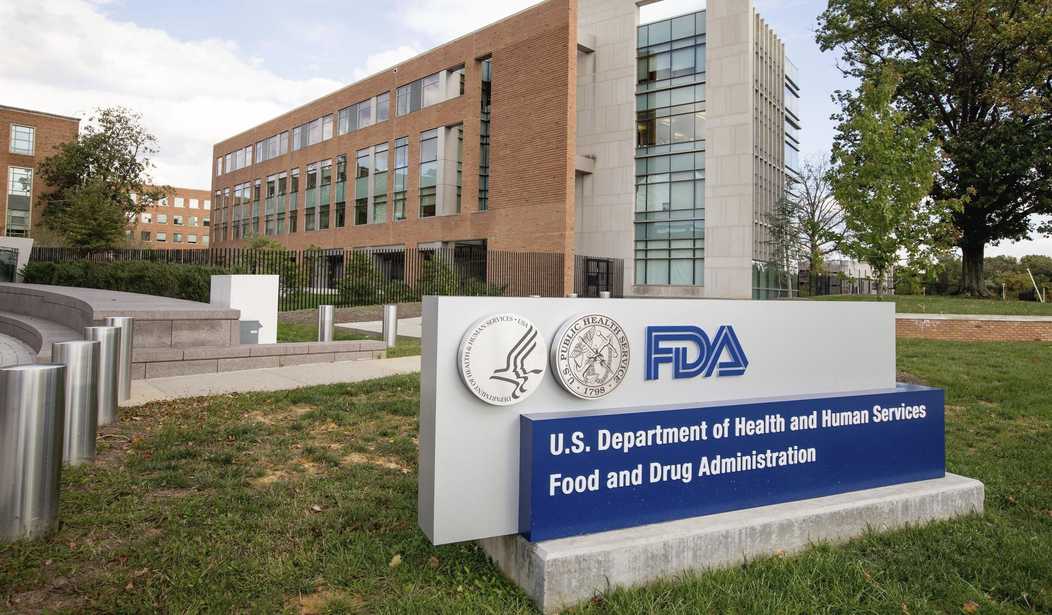Late last year, the movement to raise the legal age for buying tobacco products from 18 years to 21 scored a major victory when the president signed legislation officially implementing the change nationwide. The initiative, more commonly known as ‘Tobacco 21,’ has received broad bipartisan support.
Despite this, however, the Food and Drug Administration (FDA) demonstrated a surprising lack of preparation for such a major change, providing retailers across the nation with no advanced notice or guidance as to how they should begin implementing this new policy, and making no effort to inform the public, some of whom had been legally purchasing these products for years but were now unable to.
Instead, the FDA simply added a brief notice to its website telling retailers they were expected to change their practices immediately. Overnight, the FDA expected retailers across the U.S. to adjust the way they do business with no real context or information regarding how the change should be handled or how Tobacco 21 would be enforced.
The situation is made worse by the fact that even when the FDA finally did provide a broader formal notice regarding Tobacco 21 to businesses – albeit nearly a full month after it became law – the agency’s guidelines were still unclear and provided few details about what to expect from the change. Rather, it confusingly said that though the FDA “recognizes that both the agency and some retailers will need to update current practices to implement this new law,” they were nonetheless still expected to do so immediately.
Further highlighting how unprepared the FDA was for this significant overhaul of federal tobacco regulations, the agency’s statement showed that the FDA itself was incapable of immediately handling Tobacco 21. It only vaguely alluded to the FDA updating its own materials and regulations “in the near future to reflect the change in law.” The FDA's own website still had many references to 18 as the legal age to purchase tobacco a full month after it claimed the law had “immediate” effect.
Recommended
This naturally caused a great deal of confusion for retailers of all sizes, as well as customers.
It is unclear why the FDA decided the law had “immediate” effect when it was not ready for the change and Congress gave it six months to write regulations. The FDA will take its time to write the regulations, but it still made an unrealistic decision on the effective date and provided completely ineffective notice at the last minute. Tobacco 21 was a change that federal legislators had already considered at length in the lead up to it becoming law – so why was the FDA unprepared? All the confusion could have been prevented if only FDA Commissioner Stephen Hahn had used that time to establish a framework for the agency to use when Tobacco 21 was signed into law, rather than simply posting an unclear notice to the FDA website and expecting retailers across the nation to not only notice it, but immediately and effortlessly implement the change- an impossibility.
Commissioner Hahn, however, is not the only one who bears the responsibility of communicating specifics regarding Tobacco 21 to retailers and consumers. Health and Human Services Secretary Alex Azar, who oversees multiple departments including the FDA, must also do better in ensuring the business community and the public alike are informed of major changes to policy areas under his purview.
Both retailers and consumers expect policymakers and regulators to have a clear plan when major changes like this occur. Unfortunately, Tobacco 21 has proven major shortcomings on this front. Moving forward, it is essential for both Commissioner Hahn and Secretary Azar to work to avoid a repeat of the widespread confusion that retailers and their consumers have experienced in the past several weeks regarding Tobacco 21. They should make clear how they will enforce the law and provide the regulations, notice and education that businesses and consumers need. That is the bare minimum we should expect from regulators.
Jesse Grady is a Regional Field Director for the Texas GOP and a former staff member of President Donald J. Trump’s 2016 campaign.

























Join the conversation as a VIP Member